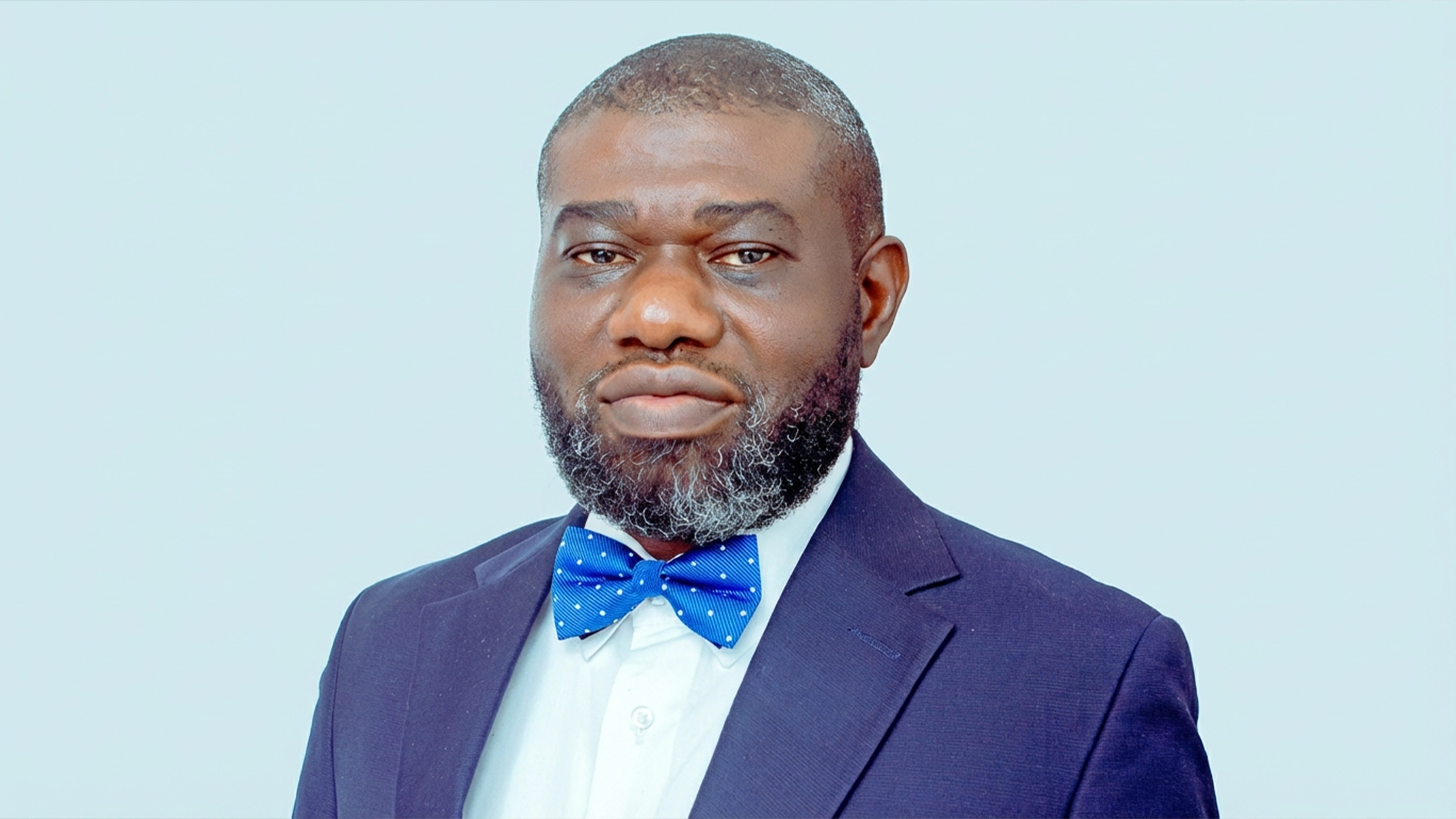SIR: As the Peoples Democratic Party (PDP) struggles to reposition itself ahead of the 2027 general elections, the crisis tearing through its ranks has once again exposed the party’s failure to confront longstanding internal contradictions. What is unfolding today was neither unexpected nor unforeseen. It was a predictable outcome of years of neglect, selfish politics, and disregard for the party’s own principles of fairness and zoning.
After its shocking loss of power in 2015—its first defeat since Nigeria’s return to democracy in 1999—the PDP sought to understand what went wrong, and a committee headed by the then Deputy Senate President, Ike Ekweremadu, was raised by the PDP national chairman at that time, Chief Uche Secondus, to investigate why the party was defeated.
The committee’s findings were unequivocal: the party’s failure to adhere to its zoning arrangement, which favoured the North to produce the presidential candidate in 2015, was a major factor in its loss. This disregard for internal equity would later become a recurring feature in the PDP’s post-2015 crises.
By 2019, southern PDP governors and influential leaders—including Nyesom Wike, Ifeanyi Ugwuanyi, Samuel Ortom, Ifeanyi Okowa, and Udom Emmanuel—rallied behind former Vice President Atiku Abubakar as the party’s presidential flag bearer, with Peter Obi as his running mate. Despite their support, the PDP again fell short at the polls.
When President Muhammadu Buhari’s second term neared its end in 2023, logic and fairness dictated that power should shift to the South. That moment presented the PDP with a rare opportunity to rebuild public trust and offer Nigerians a sense of balance. Instead, the party’s northern bloc once again outmaneuvred its southern members, paving the way for Atiku Abubakar’s second consecutive candidacy.
The 2023 primaries would become a defining moment of betrayal and division. Former Sokoto State governor, Aminu Tambuwal—long regarded as an ally of Wike—stepped down for Atiku at the last minute, a move many saw as a calculated plot to frustrate southern aspirations. The fallout was immediate and far-reaching.
Feeling alienated and undermined, Governor Wike and four of his southern counterparts—the so-called G-5 Governors—refused to back Atiku’s campaign. Their rebellion, which included tacit support for the All Progressives Congress (APC) candidate, Bola Ahmed Tinubu, was framed as a principled stand for equity and fairness in Nigeria’s power rotation.
Ultimately, Tinubu won, and the PDP’s internal divisions deepened further. Rather than address the root causes of the discord, party elders and the Board of Trustees (BoT) appeared to gloss over the grievances, allowing mistrust and resentment to fester.
The party’s current leadership crisis underscores the consequences of those unresolved issues. A recent judgment by Justice James Omotosho of the Federal High Court halted the PDP’s planned national convention in Ibadan, scheduled for November 15, on grounds of constitutional breaches and lack of due process.
In response, a faction within the party reportedly sought a counter-order from an Oyo State High Court to proceed with the convention—an act seen by many as another attempt to circumvent the rule of law. In the midst of these legal and political wranglings, the PDP Board of Trustees, led by Senator Adolphus Wabara, has announced a new reconciliation committee to pacify aggrieved members.
Yet, to many observers, this initiative appears belated and insincere. Where was the BoT—often described as the party’s conscience—when divisions first emerged? Where was its voice when southern leaders were marginalised or when governors defected to the APC under controversial circumstances? Having failed to act when it mattered most, the BoT’s current efforts risk being dismissed as an afterthought.
The PDP’s recurring failure to enforce internal justice, equity, and inclusiveness remains the single greatest threat to its survival as a national party. Successive reconciliation committees have produced reports and recommendations that are rarely implemented. Instead, factional interests continue to dominate, leaving the party trapped in a cycle of crisis and fragmentation.
Dr Donald Atsu, a public affairs analyst, wrote from Abuja.






